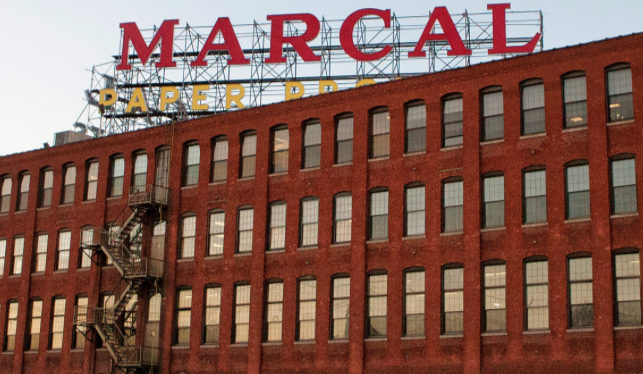From CNBC:
Here’s why the housing market, while still risky, won’t be all bad for buyers in 2019
With spring on the way, many home buyers are starting their hunt for a new home. But with the housing market in transition, will they be able to find what they’re looking for?
Thus far this year, the 30-year-fixed has averaged 4.46 percent, down from 4.54 percent in 2018. The dip in interest rates, combined with modest gains in home prices, have helped turn some parts of real estate into a buyer’s market – but one clouded by at least some uncertainty.
“Going forward, it won’t be the record number of sales we saw in 2017, but we have seen mortgage rates come down considerably over the course of even the new year,” Nela Richardson of Edward Jones Investments and former chief economist at Redfin, told CNBC’s “On the Money” in an interview. “That is a good advantage for buyers.
However, it wasn’t just interest rates that caused buyers to pull back in 2018. Many home buyers couldn’t find a home that fit in their budget, and Richardson said that’s not likely to change this year.
“That’s going to be the myth in the housing market you are going to see play out in 2019. You’ll see reports that inventory is increasing, but it’s increasing at price points that are not affordable to millennials or first time buyers,” she said. “And that has been persistent for the last five years.”


